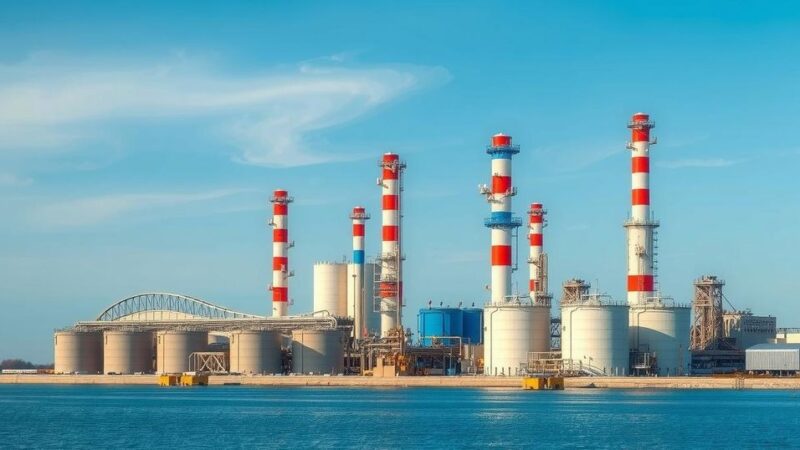Former President Donald Trump announced the cancellation of concessions that allowed Chevron to export oil from Venezuela, effective March 1. This decision indicates a shift in U.S. foreign policy, as Trump argues the Maduro regime has not met established conditions for free elections. Rubio had previously opposed such concessions, while observers criticized the integrity of the last Venezuelan presidential elections.
On March 1, the United States will terminate the Biden administration’s concessions designed to foster free elections in Venezuela. Former President Donald Trump announced the cancellation of the license that permitted the U.S. oil company Chevron to produce and export oil in Venezuela. Trump’s decision reflects a broader shift in U.S. foreign policy that diverges from strategies of previous administrations.
In a statement on social media, Trump emphasized that the conditions outlined in the 2022 agreement with Venezuela, which enabled oil exports, have not been fulfilled by the Maduro administration. As a result, he asserted, “I am therefore ordering that the ineffective and unmet Biden ‘Concession Agreement’ be terminated as of the March 1st option to renew.”
Secretary of State Marco Rubio, during his tenure as a senator, expressed opposition to the concessions granted by the Biden administration aimed at persuading President Nicolás Maduro to permit free elections. Observers have criticized the electoral process in Venezuela, highlighting exhaustive evidence of fraud during the presidential elections held last year.
In summary, President Trump’s decision to revoke Chevron’s license to export oil from Venezuela marks a significant reversal of U.S. policy regarding the Maduro administration. This action reflects a commitment to reevaluating and resetting foreign policy that had been established by previous administrations. The implications of this decision are likely to influence both Venezuela’s economy and U.S.-Venezuela relations moving forward.
Original Source: www.eenews.net






